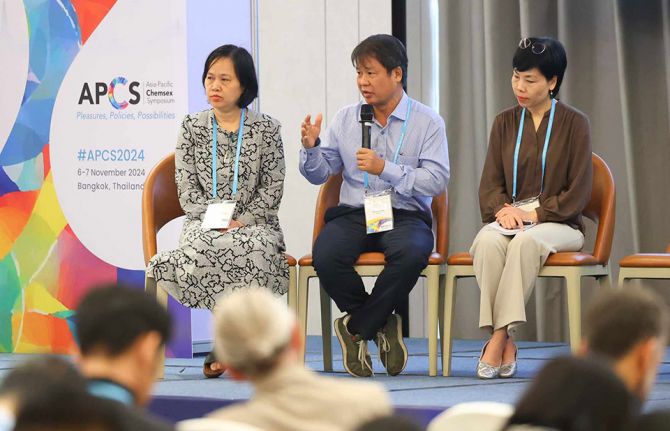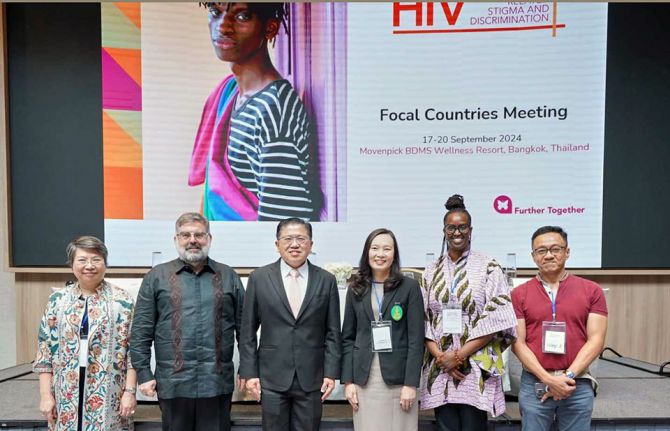
Feature Story
ECOSOC adopts resolution on UNAIDS
27 July 2009
27 July 2009 27 July 2009
Credit: ECOSOC
The UN Economic and Social Council (ECOSOC) passed a resolution on UNAIDS by consensus at its 2009 substantive session on 24 July. Negotiations on the text were led by the Delegation of the Netherlands, in its capacity as Vice Chair of the UNAIDS Programme Coordinating Board and ECOSOC member, and 31 countries – from all regions – co-sponsored the text.
The resolution welcomes the UNAIDS Outcome Framework as a tool for achievement of the goal of universal access and its emphasis on the prevention of sexual transmission. Moves to leverage AIDS to respond to broader health and development agendas, in particular the health Millennium Development goals (MDGs) – through the removal of socio-economic and legal barriers, and the maximum use of flexibilities under the TRIPS agreement to provide access to affordable antiretroviral drugs of assured quality – were applauded as central to the mandate of UNAIDS.
ECOSOC urged all member states to eliminate HIV-specific restrictions on entry, stay and residence, and for all stakeholders to come together at the country level to develop transparent, accountable and effective national responses within the “Three Ones” principles. Ongoing financial and political support for research and development of prevention technologies – including an effective HIV vaccine – was needed.
Recognition was also given to the need for the Joint Programme to significantly expand and strengthen its work to address the gap in services for injecting drug users in all settings. Barriers to the response continue and partnerships in addressing them will be key – as outlined in the welcome UNAIDS Action Framework: Universal Access for Men Who Have Sex With Men and Transgender People.
In recognizing the interrelated nature of the health and gender-related MDGs, Member States welcomed the ongoing development and operationalization of an Action Framework addressing women, girls, gender equality and HIV, under the leadership of the UNAIDS Executive Director.
At country level, efforts were encouraged to strengthen the UNAIDS technical support division of labour, and the concept of a joint United Nations team and programme on AIDS, with the aim of harmonizing technical support, strengthening programmatic coherence and improving the collective accountability of the United Nations system. UNAIDS ongoing role in the process of UN reform, and in the delivery of broader United Nations development assistance – was recognized and encouraged.
Finally, ECOSOC welcomed the submission by Member States of a total of 147 country progress reports in 2008, as part of the reporting process established by the Declaration of Commitment n HIV/AIDS, which had provided the most comprehensive overview to date of the response at country level, and encouraged all Member States to fully support the next round of reports due on 31 March 2010.
ECOSOC adopts resolution on UNAIDS
Feature stories:
ECOSOC high level forum discusses global public health progress and challenges (06 July 2009)
External links:
Publications:
ECOSOC resolution E/2009/L.23 (pdf, 30.1 Kb.)
Report of the Executive Director of the Joint United Nations Programme on HIV/AIDS (UNAIDS). Prepared in response to Economic and Social Council resolution 2007/32, in which the Council requested the Secretary-General to transmit to it at its substantive session of 2009 a report.
Joint Action for Results: UNAIDS Outcome Framework 2009–2011 (pdf, 396 Kb.)
UNAIDS Action Framework: Universal Access for Men Who Have Sex With Men and Transgender People (pdf, 323 Kb.)


